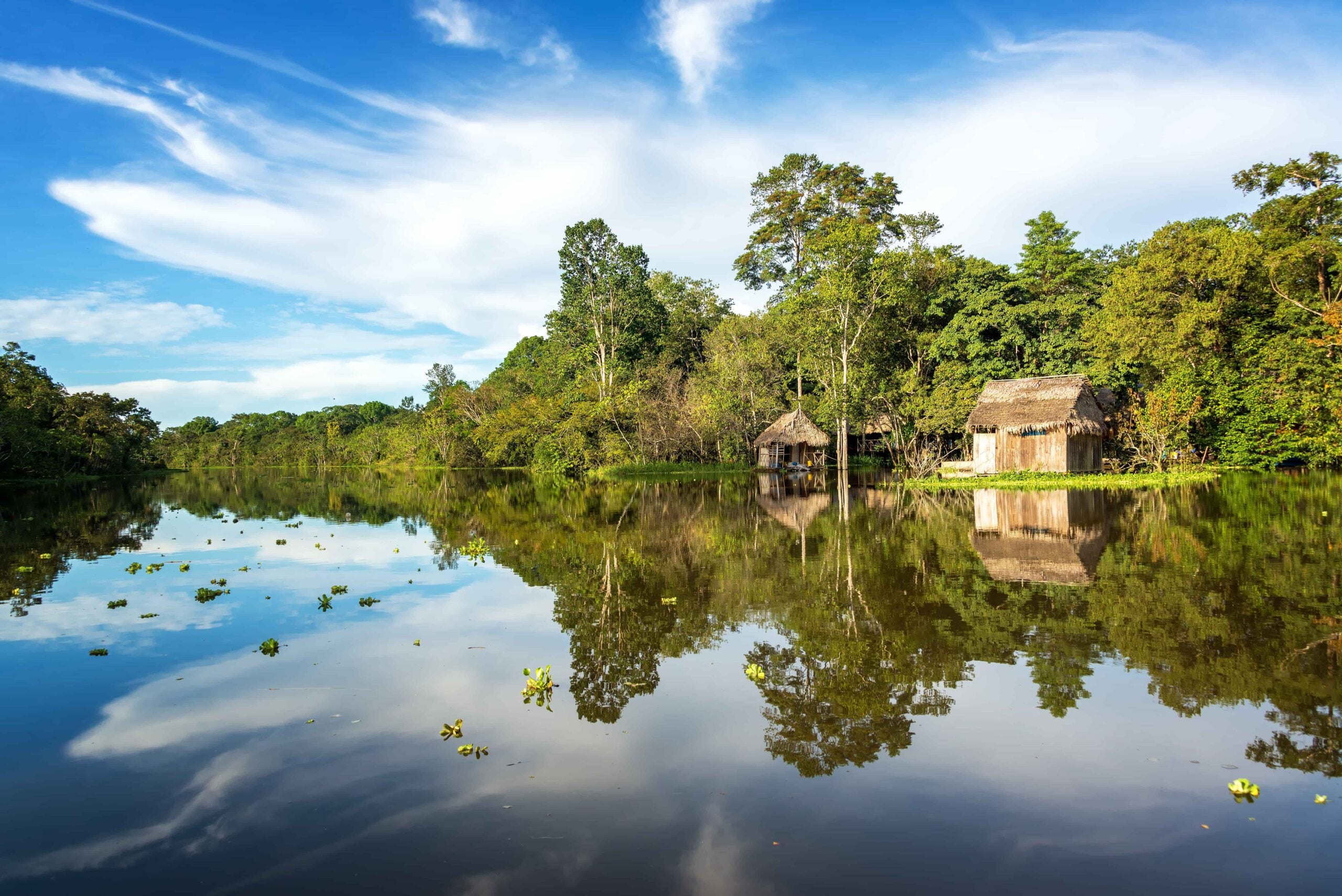2021 has so far proven to be a transition year in which we both witness the clear negative impact of climate change while still having tools at our hands to reduce further negative developments through strong and immediate climate action. Indeed, the Intergovernmental Panel on Climate Change (IPCC), a United Nations body tasked with regular assessments of the state of climate science, warned in its last report of visible and unprecedented changes in global climate and that limiting global warming according to the goals of the Paris Agreement will be soon out of reach.
Ambitious and rapid emission cuts need to be backed by strong funding and cooperation
The IPCC advocates for drastically reducing greenhouse gas emissions, ultimately reaching net-zero as soon as possible. Similarly, it is one of the four goals of the upcoming Conference of the Parties (COP26) in Glasgow to secure global net-zero by mid-century and keep 1.5 degrees within reach. How this ambitious goal can be reached is answered through two approaches.
First, organizing and deploying climate finance, both from public and private sources, is central to realizing climate action. Through this, necessary infrastructure upgrades, in sectors such as clean energy or clean transport, should be implemented as well as technological innovation, such as carbon capture and storage (CCS) propelled to market readiness. A significant element is the pledge of developed countries to provide USD 100 billion of climate finance per year by 2020 to developing countries made at the COP16. As this number has not been reached in 2020, it is a focus topic of COP26 to deliver on this promise.
Second, creating and following ambitious climate strategies and policies as well as going from proclaiming the green transition to achieving it through coordinated local, regional and global cooperation is another central element of securing the goals of the Paris Agreement. Thus, ideally, a country should have a clear climate strategy (such as the decarbonization plan of Costa Rica), leading to clear actionable initiatives that are implemented in cooperation with local and international stakeholders. This ensures that so-called carbon lock-ins (when fossil fuel focus delays investments into clean alternatives) are avoided, best-practice knowledge is applied, all available funding resources considered, and local capacity expanded.
Working together for the region – NDC INVEST and the Climate Investment Funds
At the IDB Group, we are committed to actively contributing to these approaches in several ways. Through NDC INVEST, we offer a comprehensive package of technical and financial assistance based on the valuable experience and knowledge gathered working with our partners in Latin America and the Caribbean (LAC). In one of our recent publications, we show how to support climate policy and finance in LAC. Moreover, we are also engaged in multiple cooperations with funds and donors to realize climate action in the region.
An example of this is our cooperation with the Climate Investment Funds (CIF). The CIF manage USD 8.5bn donated by 14 countries, with almost 20% of implemented funding so far dedicated to the LAC region. Its priority is to promote climate action in clean technology, energy access, climate resilience and sustainable forests in developing and middle-income countries. It focuses on piloting new business models and reducing market uncertainties, ideally resulting in the mobilization of additional private and public funding.
The IDB Group and NDC INVEST are working in close cooperation with the CIF to connect the available climate funding with promising mitigation and adaptation projects in the LAC region. Our cooperation with the Climate Investment Funds acts as a role model for climate finance as it is supporting countries in the region in reaching their climate goals and in enabling a just transition towards net-zero emission and climate-resilient economies. For more than ten years, the IDB Group has been working closely with the CIF to support climate mitigation and adaptation action throughout the region. So far, more than a 120 IDB Group operations have received support from the CIF.
How this cooperation works, which goals it aims to realize and what it has achieved so far is summarized in our video NDC INVEST: Our cooperation with the Climate Investment Funds. It also highlights three concrete examples of success, namely
- upscaling of home solar systems in Guatemala and Colombia: This project delivers on the CIF priorities of promoting clean energy and energy access. The cooperation between the IDB Group and the CIF contributes to the development of innovative decentralized solar solutions granting rural communities access to clean energy.
- combating deforestation in the Peruvian Amazon: This initiative focuses on the CIF priority topic sustainable forests and contributes to the mitigation support of NDC INVEST by applying an inclusive and community-based approach to protect the Peruvian rainforest, including the promotion of sustainable forest management practices among indigenous communities and small landholders, and the consolidation of the capacities to detect and respond to deforestation events.
- securing potable water delivery and access to water in Bolivia: This project contributes to the CIF priority of climate resilience which is strengthened through the cooperation with a dedicated local IDB Group team implementing significant improvements in regional water systems in Bolivia positively impacting the lives of more than 250,000 Bolivians.
As these projects show, climate finance and climate cooperation present a highly efficient tool to support regional initiatives benefiting the environment, the economy, and the society. Bringing together global funding opportunities, such as the funds provided by the CIF, and the expertise and knowledge of the IDB Group and NDC INVEST in the LAC region enables effective climate action by combining the strengths of both institutions.
On a case-by-case scale, this cooperation allows for the selection and promotion of the most promising climate projects in the region. Cooperations such as between the IDB Group and the CIF are a key driver to realize the bold goals necessary to limit global warming as defined in the Paris Agreement and thereby ensure a sustainable future for generations to come.
NDC INVEST: Our cooperation with the Climate Investment Funds


Leave a Reply